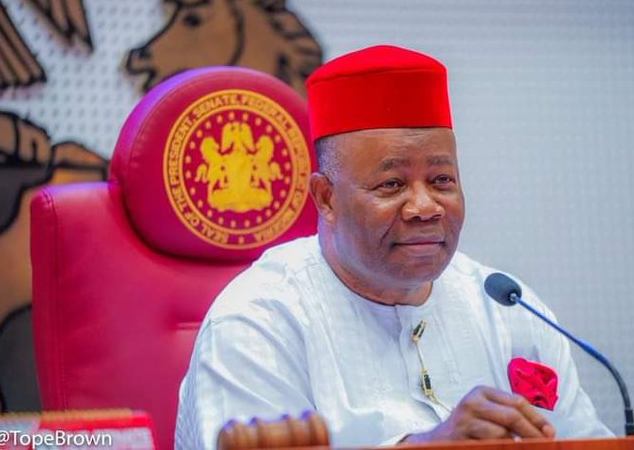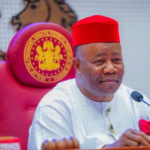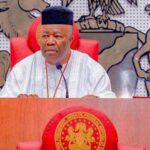Senate President Godswill Akpabio has called for the immediate implementation of the Stephen Oronsaye report, which proposed the scrapping of certain government agencies to reduce the burgeoning cost of governance.
President Bola Ahmed Tinubu had set up an 11-member committee to oversee the execution of the recommendations outlined in the Oronsaye report.
Addressing a dialogue on the cost of governance organized by the National Institute for Legislative and Democratic Studies (NILDS) in Abuja on Monday, Akpabio said the overhead costs of appointive public officials and the salaries and allowances of elected officials, among others, were the major contributors to the high cost of governance.
He said while the federal government’s recent approval of the Oronsaye report was a positive step, swift action was needed to implement the recommendations effectively.
24 students abducted in Kogi varsity – Police
Represented by Senator Jarigbe Agom Jarigbe, Akpabio stressed the need to streamline bureaucracy, eliminate unnecessary expenditures, and ensure transparency and accountability at all levels of governance.
The Speaker of the House of Representatives, Tajudeen Abbas, said the government must adopt measures that streamline its expenditure in line with the prevailing economic realities.
“Nigeria has long grappled with budget deficits, further emphasising the necessity to streamline government operational costs and foster budgetary stability.
“This requires a concerted effort to eliminate wasteful, inefficient and unnecessary expenses from our budgetary allocations,” he said.
Earlier, the Director-General of NILDS, Prof. Abubakar Sulaiman said the dialogue provided an opportunity to holistically re-evaluate the approach to governance and the viability of the parliamentary system as a cost-effective alternative to the current presidential system of government.
“The overall aim of the dialogue is to collectively chart a path towards fiscal prudence, transparency, and accountability that encapsulates stakeholder perceptions drawn from across civil society.
“These will constitute a part of the overarching governance roadmap and interventions of the current administration under President Bola Tinubu, who has shown an unyielding commitment to implementing the recommendations of the Oronsaye Report and reducing the cost of governance.
“The solutions lie within our zeal to enact change, and to work towards a future where the cost of governance is not a burden, but an investment in the prosperity of every Nigerian,” he said.


